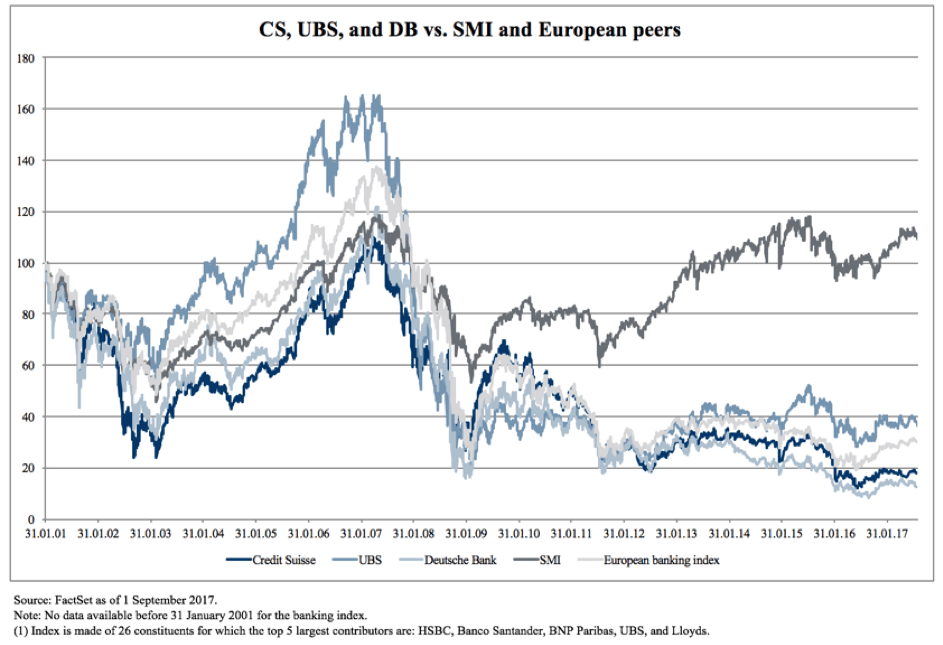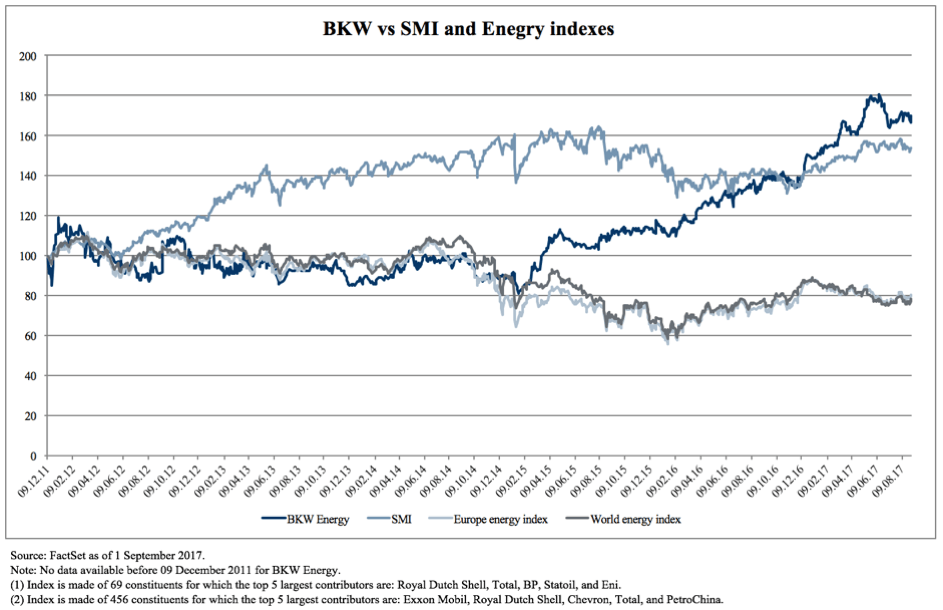Authenticity in communication

The case for authentic communication at Board and Company Management level
In times of constant communication and the corresponding use of social media channels, leaders are particularly challenged. Authentic communication is more important than ever before. Without it, companies risk having dissatisfied employees, a weak reputation and decreasing profitability.
With effective communication, leaders can make the difference and create sustainable value. This requires authenticity. Authenticity in communication. As founder and CEO of Essence Relations GmbH, Nathaly Bachmann deals intensively with the topic of authentic communication at board and company management level and advises customers accordingly. Recently she lectured at the Swiss Board School and published articles in the KMU Rundschau and the Organisator.
Authentic Communication can make the difference
Urs Rohner has been a member of the Executive Board of Credit Suisse since 2004 and Chairman of the Board of Directors since 2011. Although the former hurdler was already on board when the bank scandals began, he regrettably evades responsibility and passes the blame on to former management. At the same time, he was astonished at shareholders’ negative reactions and their sensitivity to remuneration at the last Annual General Meeting. An example of lack of authenticity in communication leading to increased outrage and reduced confidence.
If the Credit Suisse share price is indexed (to 31.01.17, source FactSet) against UBS, Deutsche Bank, the Swiss Market Index and the European Share Index, the picture is one that makes shareholders’ questions understandable. Until 2012, all of these bank stocks tracked the index. The tide turned in 2013. Compared to the index, Credit Suisse’s stock lost ground and is now at 20% of its initial value. Since 2015, UBS shares have outperformed the index and are now at 40% of their original value. Today, Deutsche Bank’s stock is indexed just below that of Credit Suisse.

It is often difficult to establish a direct correlation between management and the share price. Random factors often have just as strong an impact on performance. The Market-Adjusted Performance Indicator (MAPI) avoids this problem. The MAPI is calculated using correlations and covariances based on a worldwide pool of companies. The result is a company-specific benchmark index that can be compared with the total shareholder return of the target company. Credit Suisse’s MAPI was deep red from 2009 onwards, and in the black for the first time in 2016. Hopefully the leadership team will return to authentic communication and take gladly take responsibility going forward.
Steps to authentic communication
In this day and age, how should innovations come about, entrepreneurial or self-responsible thinking and acting be learnt, and a feeling of pride for the company germinate and grow among employees?
One approach is authentic communication, based on four core elements.
- Being oneself creates identity
Authentic communication requires an unmistakable identity and personality. To move others through communication, the fire must burn from within; you must be intrinsically motivated for the cause. This is the only way to rouse enthusiasm and make a difference.
- Integrity conveys credibility
Authentic communication involves a culture of error tolerance, where failure is acceptable and mistakes are seen as opportunities for growth. To acknowledge one’s own mistakes and to deal transparently with defeat are essential elements of leaders’ goal-oriented communication.
- Attentiveness motivates
Empathy and emotional intelligence inspire and convince. During conversation, actively listen to the other person. Dedicate yourself to your counterpart and the content of the conversation.
- Visions generate value
Visions are master plans – not utopias. They are intrinsically developed and lived philosophies based on individual decisions and experiences. They cannot be imitated or copied.
Authentic communication creates added value
Authentic communication is an appeal to the courage to call a spade a spade, to set trends and to openly admit mistakes – an appeal to personalities with visions and lived values. True authenticity helps leadership with structure and provides direction.
Suzanne Thoma has been managing director of the BKW energy group for four years. Under her leadership, the share price has risen by more than 60%. If the BKW share is also indexed (as at 09.12.11, Source FactSet), it now outperforms the European and global energy indices by two times and the Swiss Market Index by 10%. The BKW share price is a good 170%, the two indices 80%.
If the MAPI is also included here as a further comparative value, it shows a clearly red figure between 2011 and 2013. In 2014 and 2015, however, the figures are in a strong positive range and show steady growth.
Thoma courageously established new strategic pillars within the company and publicly stands up for her opinions. She appeals to businesses to become more involved in the political and social debate as this is the only way to reduce suspicion against the private sector. Listening to each other is indispensable. And success proves her right.
